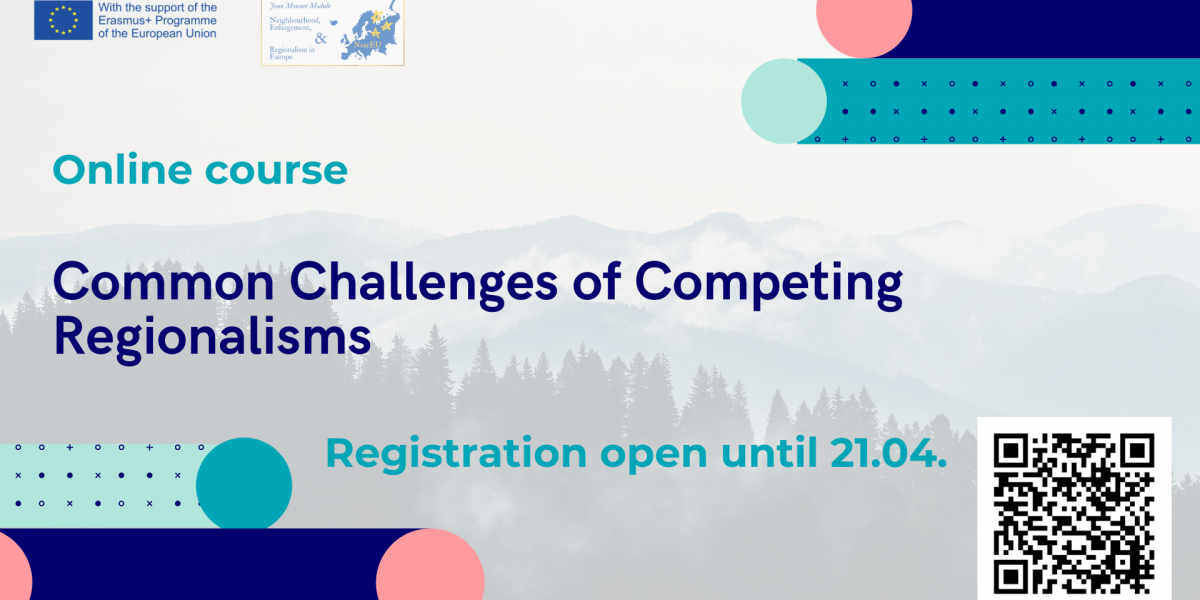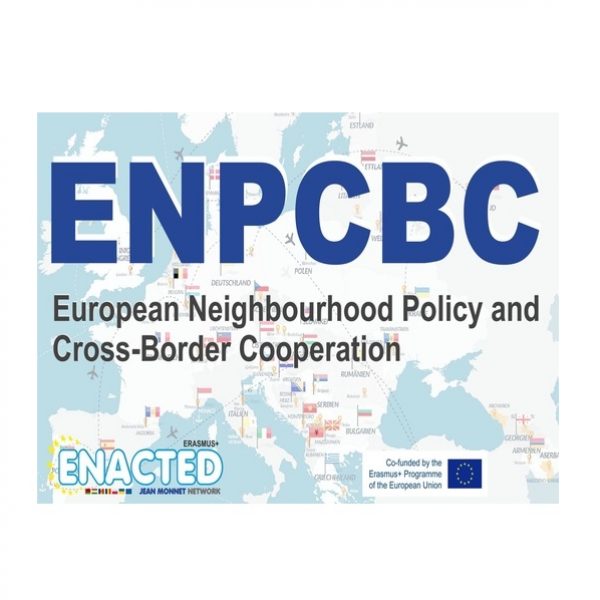
Are you interested in widening your knowledge about the context of the regional integration in Europe and Eurasia? Would you like to know more about supranational/intergovernmental trends of integration as well as the developments in the European and Eurasian regions? Do you find it interesting to combine theory with practical analysis of its impact on specific cases?
Join the brand-new e-course “Common Challenges of Competing Regionalisms” launched by the Johan Skyte Institute of Political Studies (University of Tartu) and meet our lecturers in the virtual classroom! The MOOC is worth 2 ECTS and runs from 25.04.2022 – 05.06.2022.
What will you learn during the course?
During the course you are going to learn:
- What is regionalism?
- How can it be defined conceptually and theoretically?
- What are the distinctive traits of regionalism in the context of the process of European integration?
- Which features of EU regionalism have become part of the Eurasian process of regional integration?
- How does Eurasian integration address aspects, related to supranationalism, parliamentarism, and democracy?
- How compatible are the distinct patterns of regionalism in the EU and in Eurasia?
- What are the future trends of regional integration in Europe and Eurasia?
Why should you take this course?
By enrolling in the course, you will have access to video lectures from academicians and practitioners, specializing in regional studies and EU-Russia relations. There will also be academic commentary and round-table discussions from academic representatives aimed at providing specific perspectives on different case studies in understanding the context of the regional integration projects. The participants will also be able to benefit from a wide variety of readings, course supporting and interactive materials as well as a vibrant and international online community of peers with whom they can learn together and interact throughout the course. Upon successful completion of the MOOC, the participants will also receive a free digital certificate from the University of Tartu.
Do you need any prior knowledge?
Basic knowledge of comparative regionalism and integration processes in Europe and Eurasia are suggested. However, the course will provide useful background material to any participant, who is interested in comparative regionalism and international affairs in general. In addition, participants should have at least basic web communication skills and basic familiarity of using digital tools for information searching and learning. Participants should be able to work independently; and be able to work and contribute to a discussion in a multicultural online environment.
Course schedule and deadlines:
The course takes place fully online, on the learning management system of the University of Tartu – Moodle. Please note that all video lectures of the course are pre-recorded. Participants can watch the videos on the course page at the time of their convenience, provided they can meet course deadlines.
Register here (before April 21, 2022)
For additional information: please contact Anna Beitane, anna.beitane@ut.ee
The course is developed within the framework of the Jean Monnet Module ‘Neighbourhood, Enlargement, and Regionalism in Europe’ (NearEU) with the support of the Erasmus+ Programme of the European Union.


